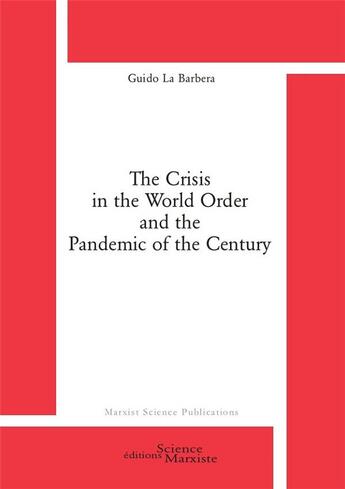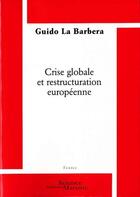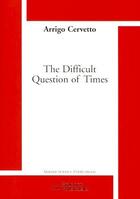Résumé:
In what sense can we speak about a «Crisis of the Order» - understood as a crisis of the global balance among the powers and the institutions and alliances that represent it?
The heart of the matter is China. Since the end of the second imperialist world war there has never been a single rising... Voir plus
In what sense can we speak about a «Crisis of the Order» - understood as a crisis of the global balance among the powers and the institutions and alliances that represent it?
The heart of the matter is China. Since the end of the second imperialist world war there has never been a single rising power, or in any case one that has not been part of the system of dominant alliances, which has had an economic strength comparable to that of the leading power, the United States, and which has intended to accompany its own rise by building up a similar military strength.
The crisis in the world order - i.e., the crisis in the balance of power triggered by the huge change in power relations - has been brought about by the irruption of China. A new era has been heralded by the states' intervention in the economy and state capitalism because a response must be found in Europe and America to the big Chinese groups in high-technology sectors and in the electrical and digital battle. A rearmament cycle has been sparked by Beijing's plans to become a «world-class» military power within the next fifteen years and is consequently fuelled by the reaction of the other powers.
There is a conclusion on which to reflect: a crucial fact is that the crisis in the world order and its global battles are both shaking and mobilising the ruling ideology. In the old powers, Atlantic decline has demonstrated the «fragility» of the liberal ideology in the face of the Asian challenge; in Beijing, the battle for a new order in which China is recognised is donning the outward ideological form of the nationalist myths of a rising imperialism. New poisons of imperialist mobilisation are spreading in both the old and the new powers in a daily crescendo.
Donner votre avis










